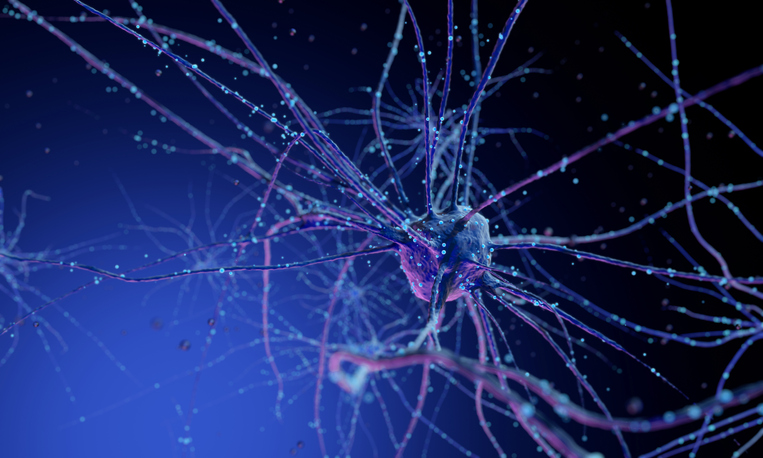Mindd International Forum, 23-24 March (Live in Sydney, Australia and Livestreaming globally) At the 2019 Mindd Forum, there will be a particular focus on mitochondrial health. The special guest speakers Dr Nancy O’Hara, Dr Elizath Mumper and Dr Robert Naviaux, are highly knowledgeable in this area and will be revealing clinical insights to improve the health of all patients at a cellular level. Mitochondria are mostly responsible for processing food, combining it with the oxygen we breathe, to generate energy known as adenosine triphosphate (ATP). Most living organisms then derive their energy from this ingested food through a series of metabolic and cellular processes. Thus, mitochondria are vitally responsible for providing the body’s energy. Disturbances to the process of mitochondria-provided energy results in altered innate function and have been identified as a critical area in the pathogenesis of many human diseases. Neurological conditions are not immune to this. As mitochondria are critical regulators of cell death, reduced mitochondrial function has a key role in neurodegeneration. Ageing is also a significant risk factor for neurodegenerative diseases, and mutations in mitochondrial DNA and oxidative stress contribute to ageing. Mitochondrial dysfunction is a wide-ranging term explaining many cellular reactions caused by disturbed energy output. Changes that can occur due to disturbed mitochondrial health include: Neurons have a vital requirement for mitochondria to supply ATP and a higher demand for oxygen, which means they are more susceptible to damage if the mitochondria are not functioning optimally. If neurons have lower levels of antioxidant defences, they are exposed to an increased level of free radical damage. There is evidence to suggest mitochondrial dysfunction is associated with depression due to new insights that the pathophysiology of depression may be linked to neuroplasticity and cellular resistance. Mitochondria’s part in ATP production and cell signalling mean they have a permanent role in membrane stability, reactive oxygen species balance and to execute the complex processes of neurotransmission. These are all things that are now identified as contributors to the pathogenesis of depression. Enhancing mitochondrial function appears to be a reasonable adjustment for the treatment of neuronal function and, therefore, the management of mood disorders. This treatment may target specific mechanisms of mitochondrial dysfunction such as energy metabolism, synaptic plasticity and the survival of neurons. Parkinson’s disease (PD) is a disorder also associated with intellectual disabilities such as cognitive impairment. Like depression, dysfunctional mitochondria have a significant role in the pathophysiology of PD due to mutations of the mitochondrial genes and oxidative stress. Since normal functioning of the mitochondria is essential for the energy requirements and cognitive processes in the brain, the underlying factors that can aggravate the function of mitochondria can, therefore, influence neurodegenerative processes and PD. Preclinical studies in different animal models have proven the involvement of mitochondria in disease pathology and conclude that mitochondrial dysfunction is one of the underlying contributors to the cognitive impairment process in PD. For more specific information on how to look after mitochondria, what causes their dysfunction and to better understand their role in common health conditions, see Mitochondrial Health at a Glance. Reference list:
Certified practitioners who pass the assessment will be listed at mindd.org. A certificate of completion will be provided for CPD applications.Is there a Link Between Mitochondrial Dysfunction and Neurological Disorders?
What Changes can Mitochondrial Dysfunction Induce in the Human Body?
Mitochondria and Depression
Mitochondrial Dysfunction and Parkinson’s Disease
For more information on the Forum or to register (Live or Livestream) visit the Speakers and Program page…
- -
- Date: February 7, 2019







